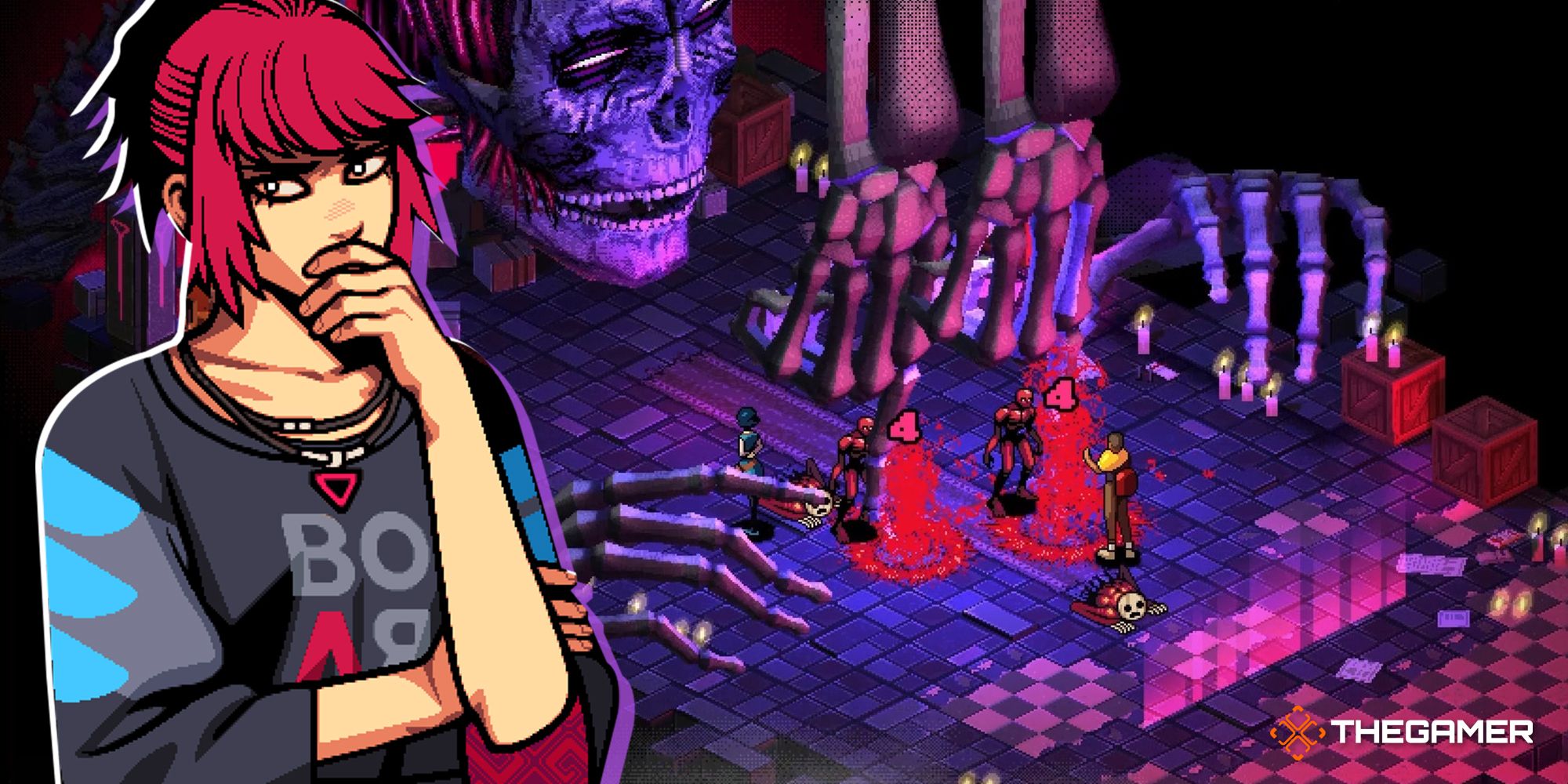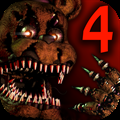
Summary
- Demonschool is a horror-themed tactical game that follows university students on a mysterious island, with possessed opponents and intriguing side quests.
- The game features three companions with different skills, and players must plan their school schedule to level up characters and build relationships.
- The gameplay involves a complex system of buffing, debuffing, healing, and attacking, with elemental effects and enemy weaknesses to exploit. The cartoony art style adds to the overall appeal.
I am not very good at strategy or tactical games. It’s for the same reason I’m bad at chess – my brain can’t visualise my opponent’s possible responses, which means I’m basically winging all my moves, all the time. I fly very much by the seat of my pants, which is why it took me a while to figure out how to play Demonschool. The developer had to do everything just short of moving the mouse for me through my first two battles, but once I got the hang of it, it was surprisingly fun – it might even have turned me around on tactical games.
Demonschool is a horror-themed (but not scary, as far as I can tell) game that follows university students Faye and her friends on a mysterious island. Your opponents are largely possessed by demons, though the demo didn’t explain why and I desperately want to find out. Not everybody is possessed – there are many explorable areas in the game that offer people to talk to and even side quests to help those around you. The side quests are entertaining in their own right, each expanding on the story, the world, or your relationship with your companions. I keep thinking about this kid I encountered in the game’s graveyard, whose father had been possessed but seemed to really be trying his best to be a good father. If Demonschool has more secrets like that to discover, I’m ready to find them.
Related: Turn-based Tactical Deckbuilder Warhammer 40,000: Space Wolf Is A Dollar Until It’s Delisted
You have three companions: Knute, a pragmatic dude who tries to see all angles of a situation, Namako, who represses all her emotions, and Destin, a through and through himbo. You’re on a school schedule that you can plan around, working to level up your characters and build their skills, and a whole 15 characters to build relationships with. Many of the side quests allow you to ask one of your companions for help or advice – the developer recommended I always get Destin’s opinion because he said funnier things, but I tended to trust Namako’s gut. Your choice of who to go to or listen to affects your relationship with that character.
Each companion has different skills, in keeping with tactical gameplay conventions. Some buff other characters and some debuff enemies, both of which help to compound your damage output. You’ll have to heal each other, dash out of the way of projectiles, stun your opponents, and punch their lights out when you get the opportunity. Some attack combos even produce elemental effects, which can be used to exploit enemy weaknesses. It’s a complex system that’s hard to understand when dropped in the middle of the game, but with some guidance, I’m sure I’ll get the hang of it. I suspect it will be easy to grasp but hard to master.
Combine this sharp tactical gameplay with a cartoony, almost Scott Pilgrim-esque character design and art style, and wrap it all up in a lightly horror-influenced story about university, and you get a fairly compelling game. I’m still unconvinced that I’m going to become a tactics fan after this because I am still probably going to bump up against a serious skill issue, but I’m already invested in the game’s cast of characters and story. I’m willing to give it a solid shot.
Next: Hideo Kojima Better Not Be Hinting At Using AI For Death Stranding 2













